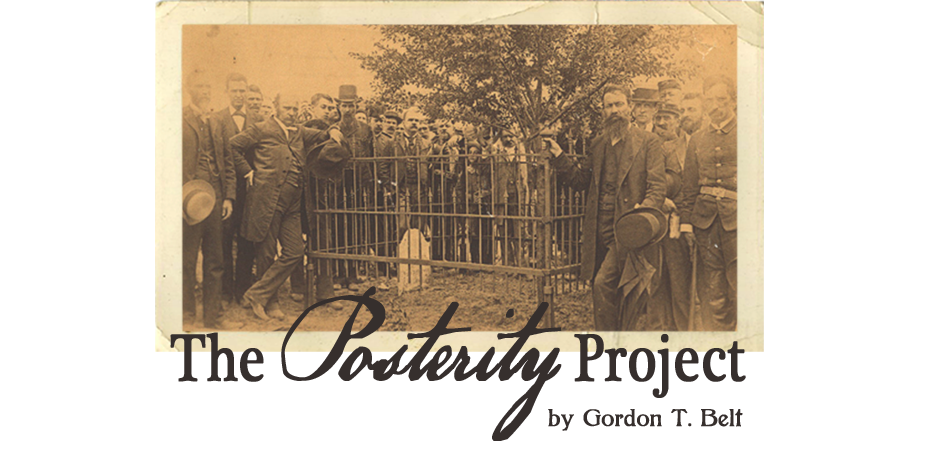When the threat of war between the United States and France developed in 1798, John Sevier received an appointment as one of the brigadiers in the provisional army, and quickly sought the approval of the federal government. On April 25, 1798 Sevier writes:
"Should it be deemed necessary by the president to raise the Army contemplated in case of an eventual necessity, I shall hold myself ready to accept the appointment I had the honor of being nominated for in the provisional army, provided I may be thought adequate to such a command.
Permit me to assure you, Sir, nothing but a real desire to serve my Country in the time of imminent danger could induce me to accept such a Command, filling already the most respectable My country can confer..."
Your Honors etc.,
John Sevier
While George Washington was no longer President by this time, his Secretary of State, Timothy Pickering, remained in office during John Adams' administration. Washington still held considerable influence in the Federalist government and wrote to Pickering regarding Sevier's appointment. Needless to say, he was not impressed with "Nolichucky Jack":
"What in the name of military prudence could have induced the appointments of [Gen. James] White and Severe [sic] as Brigadiers? The latter never was celebrated for anything except the murder of Indians... To give two to that State [Tennessee] when more important ones furnished none... is to me inconceivable... as to Severe, as he is little known little is said abt. him yet."
- Washington to Pickering, September 9, 1798
In hindsight, Washington's opinion of John Sevier seems out of step from conventional views of Tennessee's frontier hero and first governor. But it was many years after his death that anyone outside the states of Tennessee and North Carolina knew of John Sevier. Efforts to embrace Sevier on a national scale began after the Civil War as a means to heal the region from the ravages of battle and of Reconstruction. Tennessee's Centennial celebration also resulted in efforts to forge a unique state identity, with John Sevier as its standard bearer.
One cannot fault George Washington for not seeing in John Sevier what many of his fellow Tennesseans saw in him. At the time Washington was on the national stage, and Sevier had not yet reached that plateau of statesmanship. But one could argue that first impressions are far more accurate than hindsight. If this is true, Washington's first impression of John Sevier was so negative that it's little wonder knowledge of Sevier's exploits never really crossed the borders of the Volunteer State until well after his death.
SOURCES:
- Carl S. Driver, John Sevier: Pioneer of the Old Southwest. Chapel Hill: University of North Carolina Press, 1932.

Gordon Belt is an information professional, archives advocate, public historian, and author of The History Press book, John Sevier: Tennessee's First Hero, which examines the life of Tennessee's first governor, John Sevier, through the lens of history and memory. On The Posterity Project, Gordon offers reflections on archives, public history, and memory from his home state of Tennessee.


